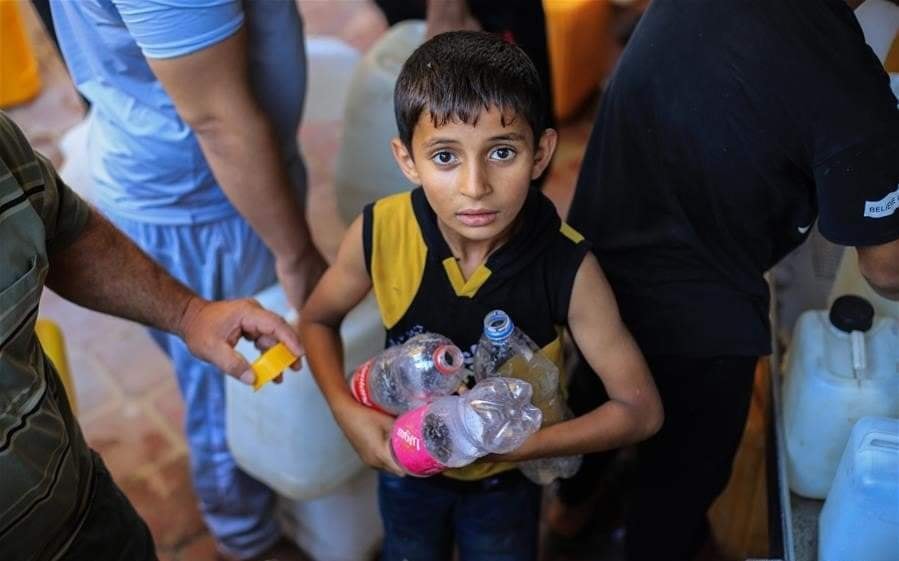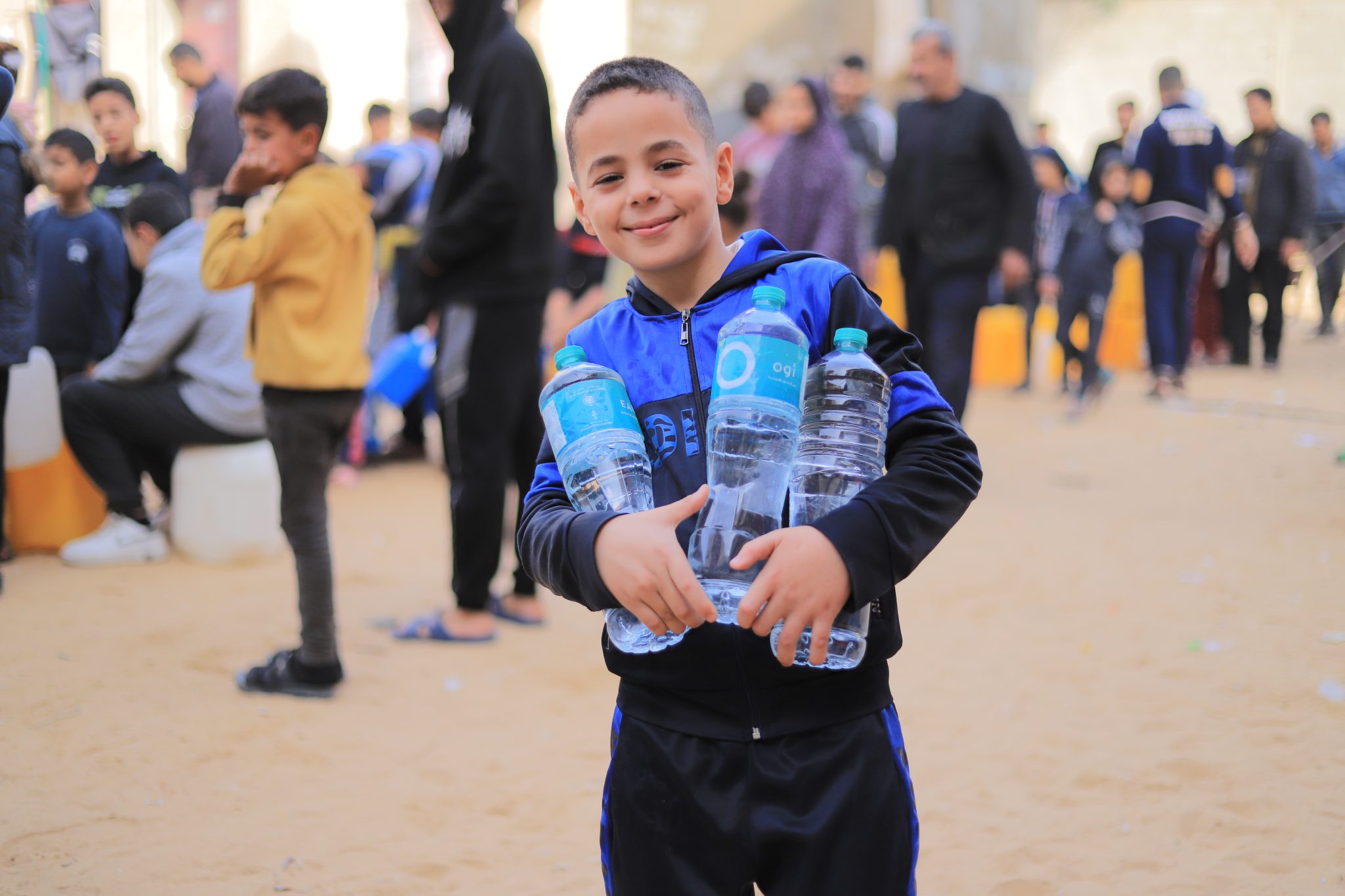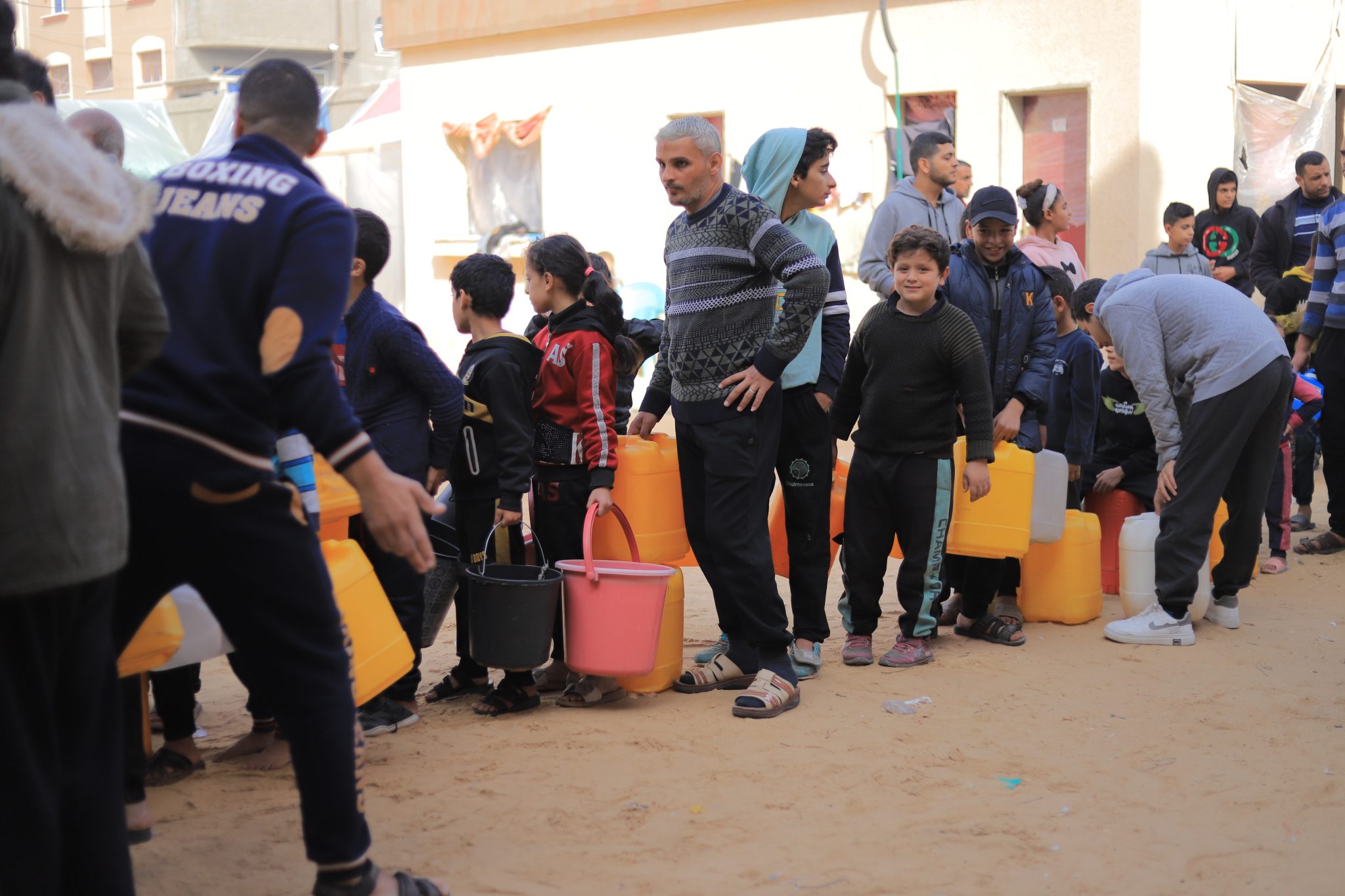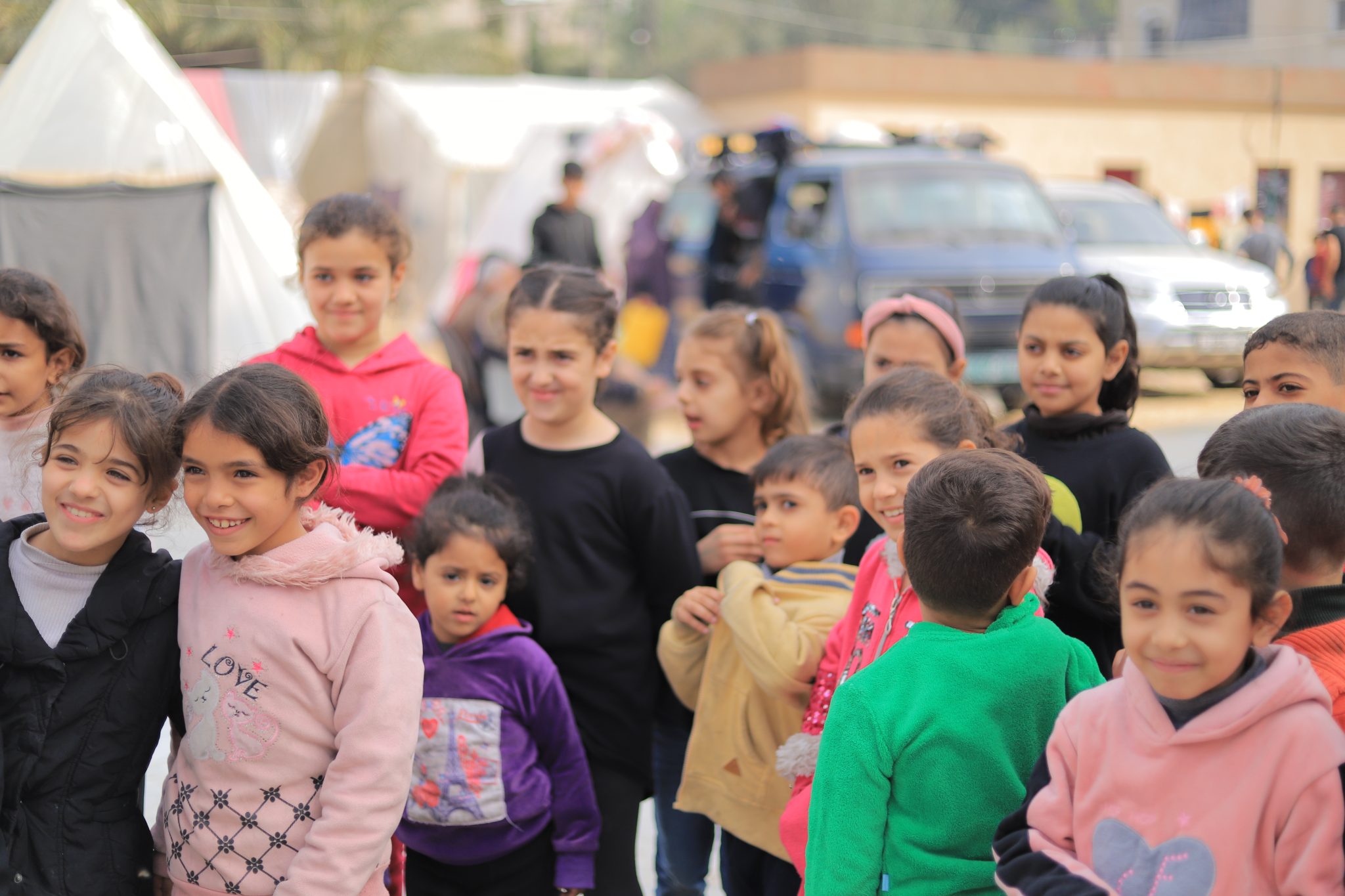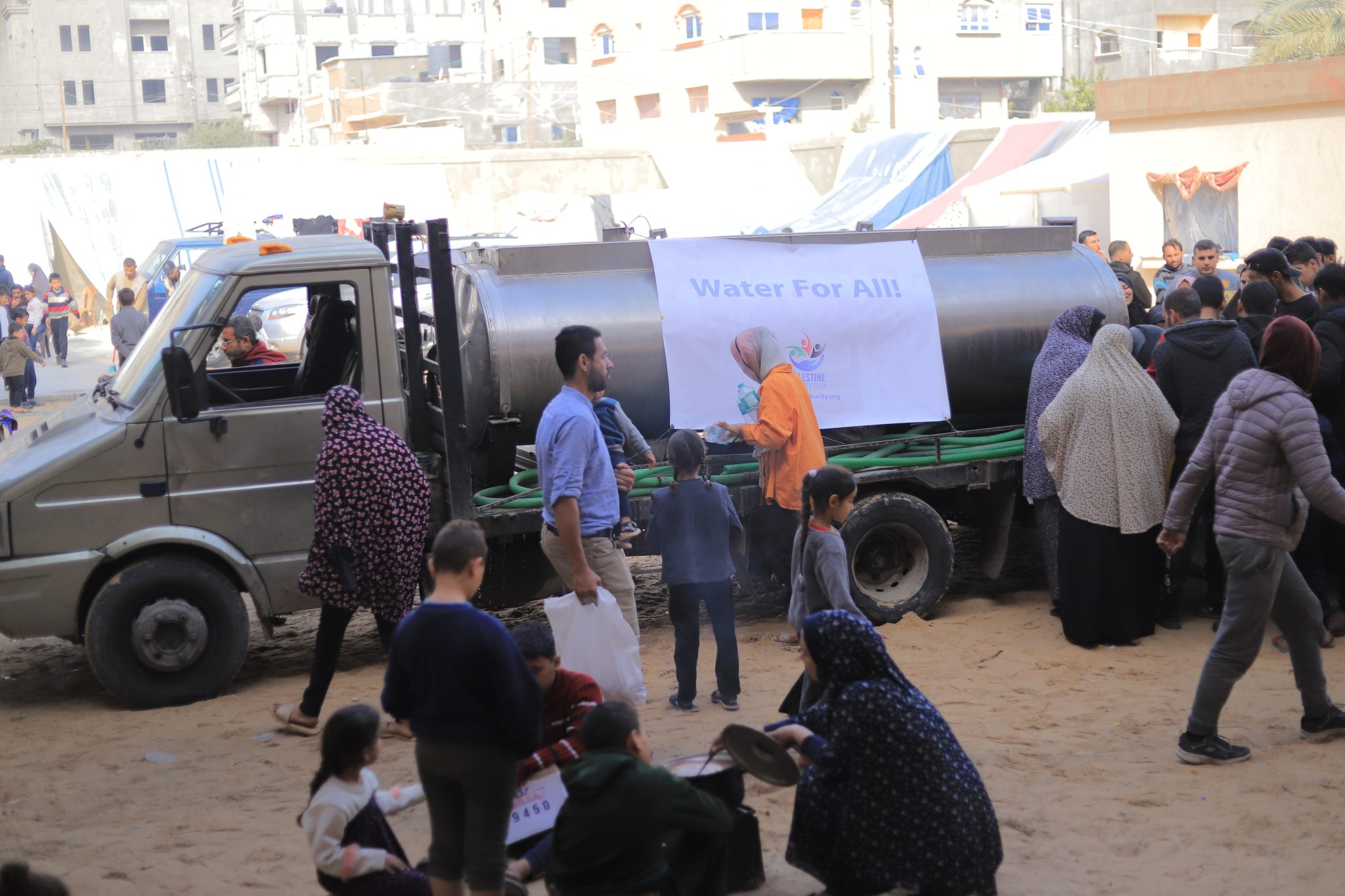Water for All💧🚰
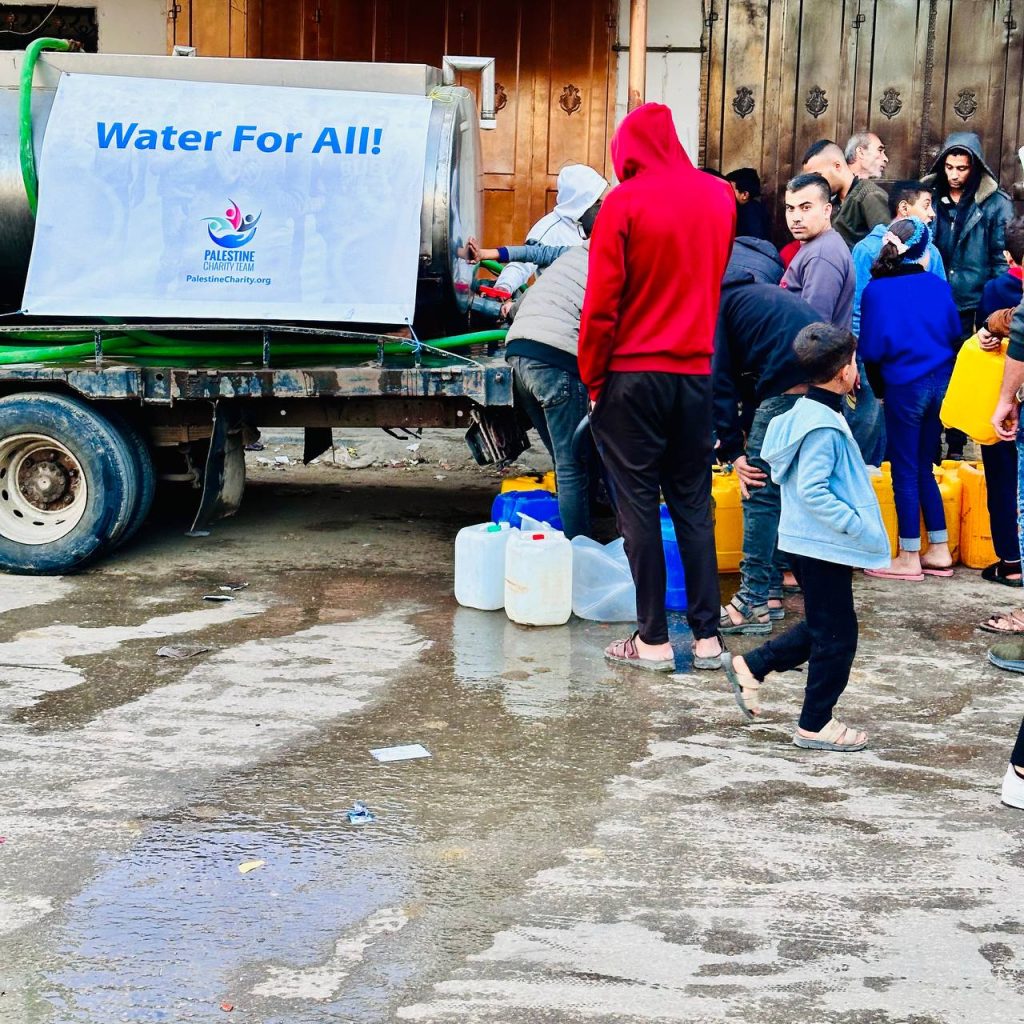
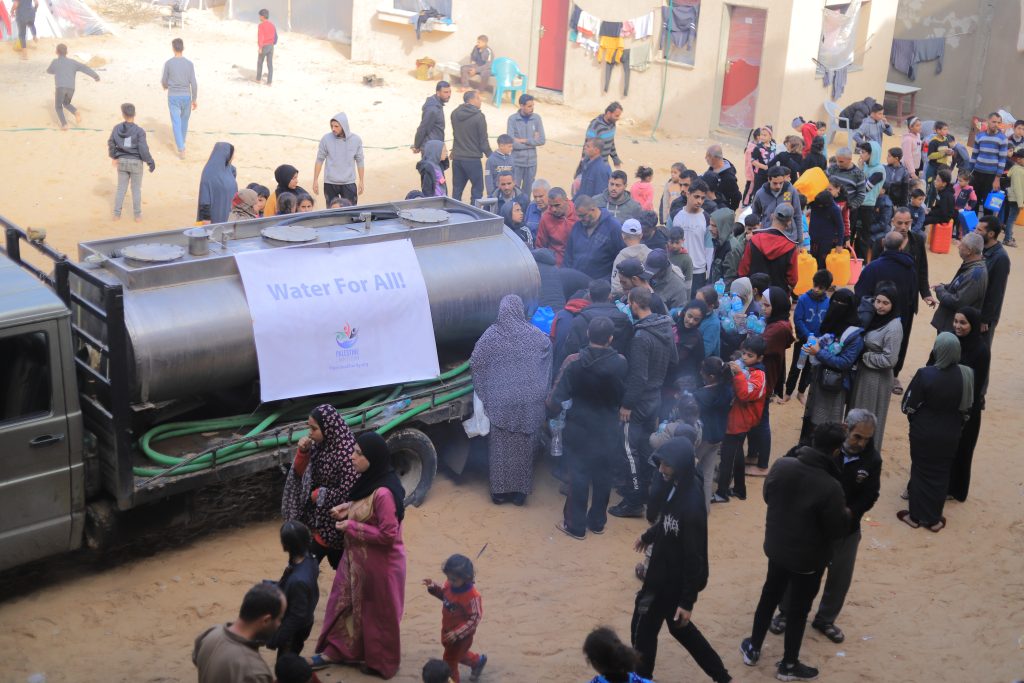
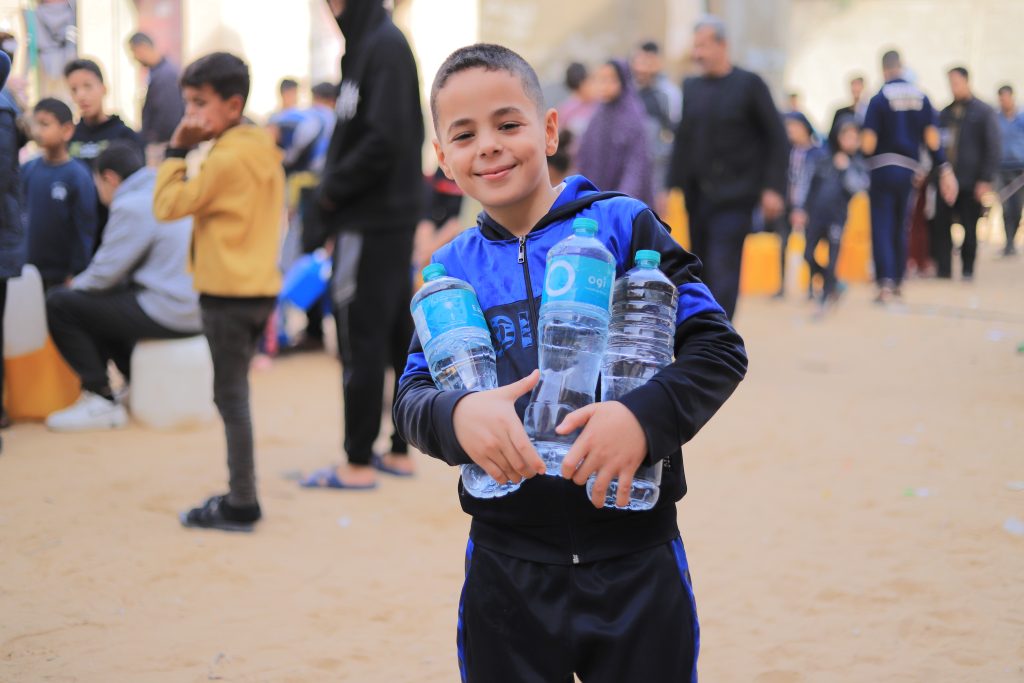
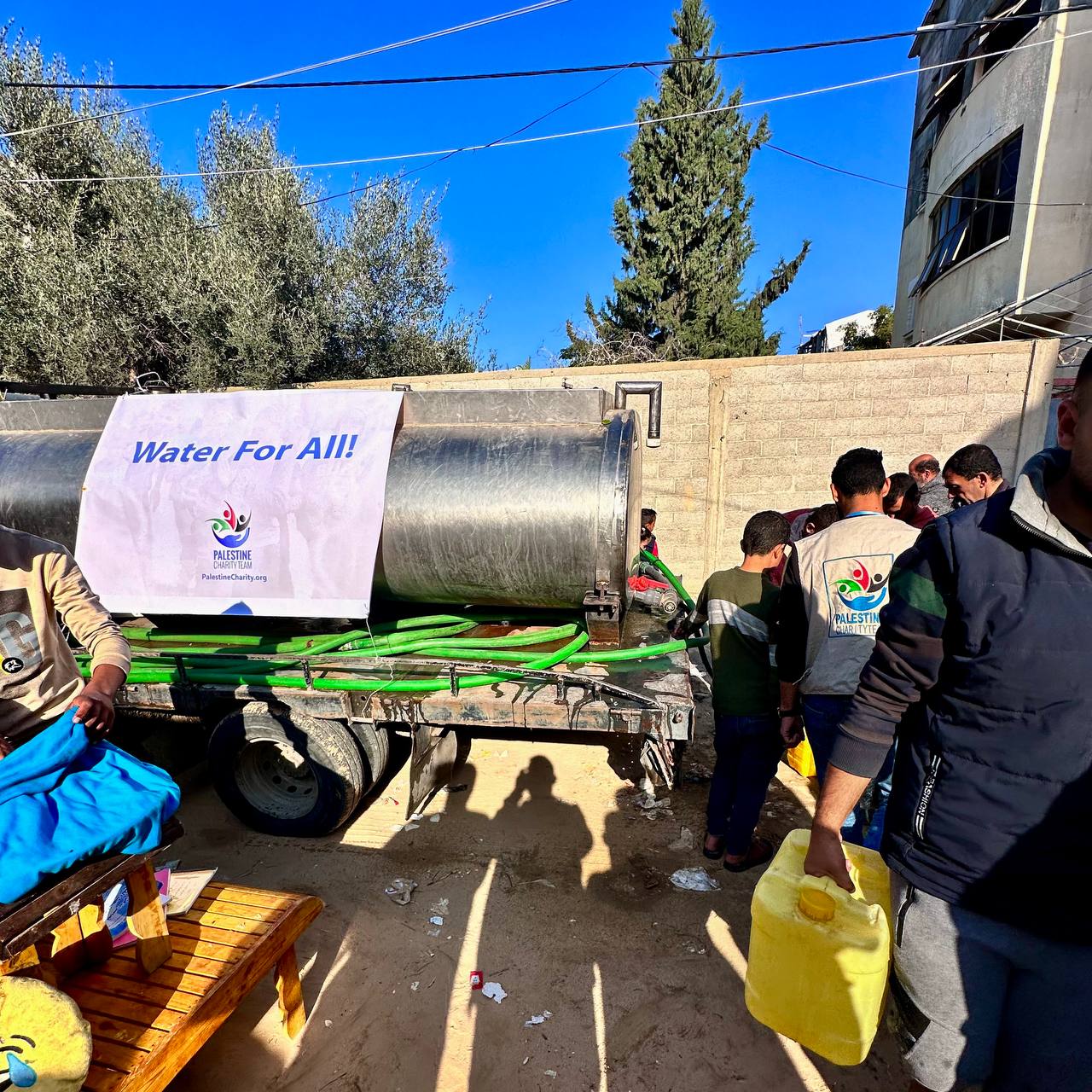
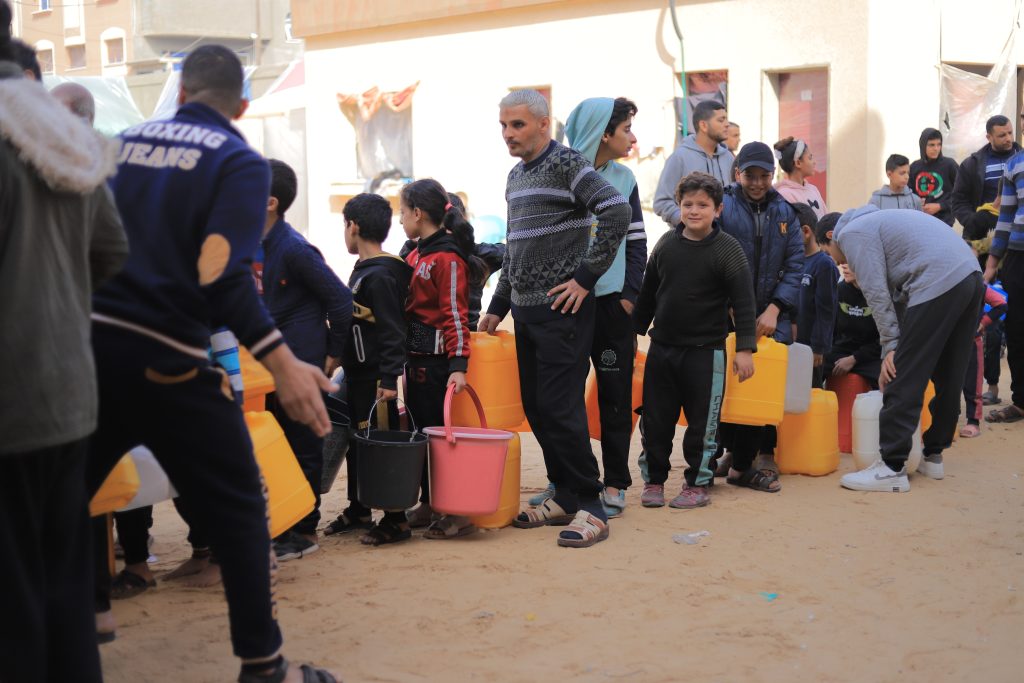
Water for All💧🚰
Water is everyone’s problem in Gaza. One of the problems in the Rafah camps is the distance the residents are from services. With some help we could drill a well that would extend the water to homes of at least 15 families. As with all things in Gaza, the inequality of goods and services affects the life of everyone here. Cutting hours spent carrying water daily would be such blessing. It would also allow for more gardens to be developed. In the US, a well would cost so much more and only service one family, In Rafah camps, one well could serve 15 families for a fraction of the cost.
Rafah camp is one of the important camps in the Gaza Strip, as it is about 38 km away from the Gaza Governorate. It is bordered by the Mediterraanean Sea to the west, to the east by the Palestinian territories occupied in 1948, to the north by Khan Yunis and to the south by the Egyptian Sinai Peninsula.
Khirbet Al-Adas is an area cut off north of Rafah and inhabited by some Palestinian refugees. The water problem in this area is exacerbated by the incomplete basic service projects there. These are some of the challenges facing the Rafah municipality in the lack of funding to complete many projects in Rafah camp. UNRWA is responsible for providing water in the refugee camps affiliated with it. It and the area of Khirbet Al-Adas is not registered with UNRWA because it is a new mountainous area.
The residents of Khirbet al-Adas resort to transporting water from remote areas where wells are stationed and sometimes their residents are forced to buy fresh water for domestic use. The project will take care of digging a well for 15 families in an empty space. It has to preserve the environmental space through the modern construction of the area containing trees that will be irrigated from the well.
The shortage of water supply to homes has forced citizens to find costly alternatives. At times, citizens are forced to buy mineral water that the vehicles sell to citizens to use in their daily domestic use.

